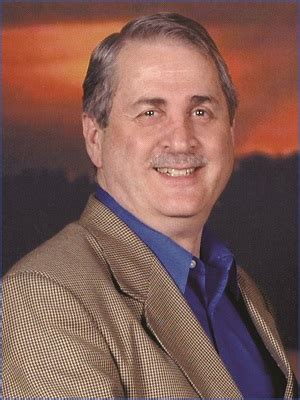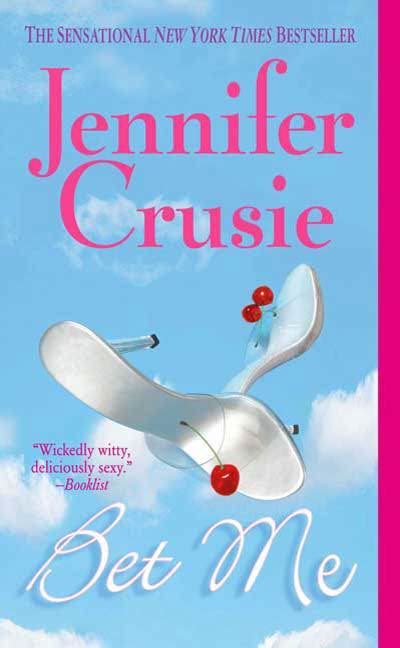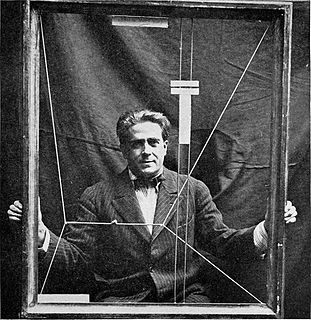A Quote by David Riesman
Look at all the sentences which seem true and question them.
Related Quotes
In college, I used to underline sentences that struck me, that made me look up from the page. They were not necessarily the same sentences the professors pointed out, which would turn up for further explication on an exam. I noted them for their clarity, their rhythm, their beauty and their enchantment.
"Where do you get your ideas?" That's the one question I'm genuinely sick of being asked, and also genuinely fascinated by. What fascinates me is not that people ask the question, but what kind of answer are they really looking for? Because if I tell them the truth, which is "I make them up," they seem very disappointed. They want to know about the trek I do once a year to the mountain.
There is a perennial classical question that asks which part of the motorcycle, which grain of sand in which pile, is the Buddha. Obviously to ask that question is to look in the wrong direction, for the Buddha is everywhere. But just as obviously to ask the question is to look in the right direction, for the Buddha is everwhere.
To love someone is to always see them as the miracle that they are; as the miracle that they exist, the miracle that makes your own simultaneous existence seem fortunately improbable and therefore defiantly miraculous; is to show them, in your eyes and through the way in which you look at them, the limitless beauty of their true miraculous selves; is to say to them in every glance: "I believe in miracles because i believe in you."
You are always looking for already-felt emotions, just as you like to get an old pair of trousers back from the cleaners, which seem new when you don't look too closely. Artists are cleaners, don't let yourself be taken in by them. True modern works of art are made not by artists but quite simply by men.
We cannot ultimately specify the grounds (either metaphysical or logical or empirical) upon which we hold that our knowledge is true. Being committed to such grounds, dwelling in them, we are projecting ourselves to what we believe to be true from or through these grounds. We cannot therefore see what they are. We cannot look at them because we are looking with them.
The words are strung together, with their own special grammar-the laws of quantum theory-to form sentences, which are molecules. Soon we have books, entire libraries, made out of molecular "sentences." The universe is like a library in which the words are atoms. Just look at what has been written with these hundred words! Our own bodies are books in that library, specified by the organization of molecules-but the universe and literature are organizations of identical, interchangeable objects; they are information systems.






































